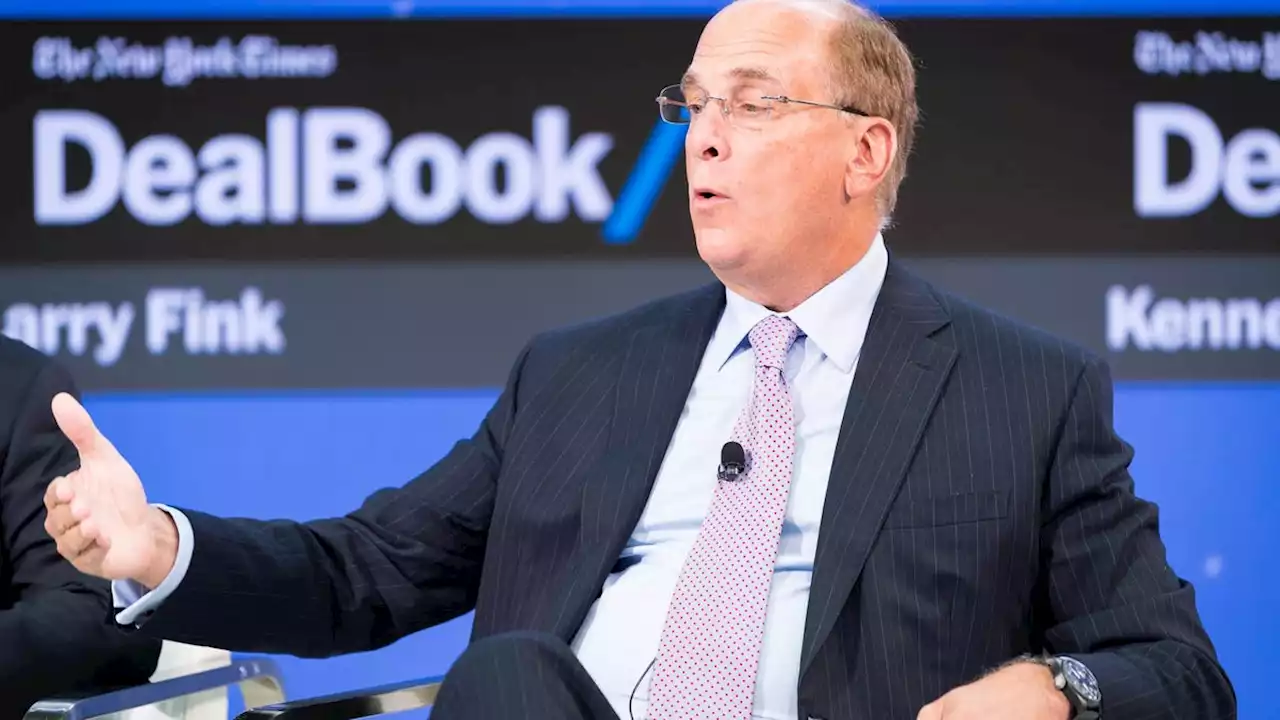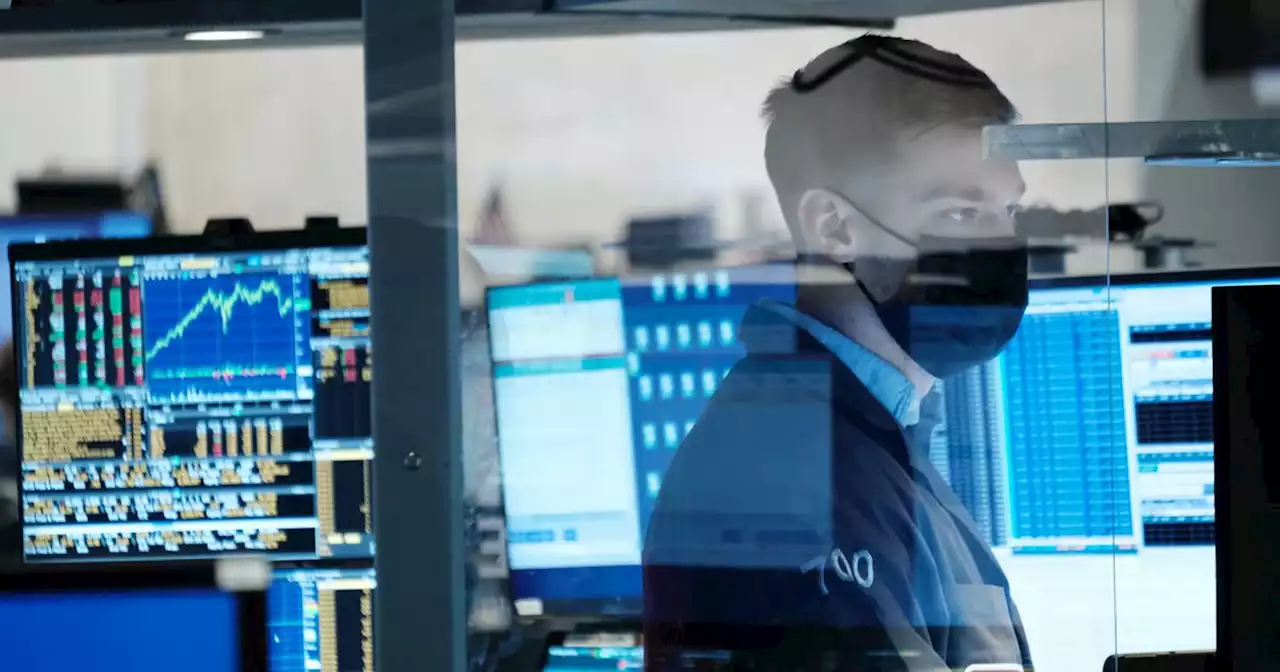Bank CEOs are complaining about how much it costs to pay employees, but workers in crypto and private equity are making more and having more fun. KevinTDugan writes
Photo: Spencer Platt/Getty Images To say that 2021 was a record year for Wall Street is a bit of an understatement. It was a Category 5 hurricane of money that rained down so hard and so fast that cash was practically flying sideways through the air to just about every trader, broker, and financier who happened to be in the business. The top six banks raked in $157.6 billion in profit, the most ever for the cohort.
This is an extraordinary sum by really any measure, but Wall Street has a bigger problem: Other people are making more money. Changpeng Zhao, the founder of crypto exchange Binance, is worth about $96 billion, according to Bloomberg — and his company didn’t even exist six years ago.
In general, it’s just getting more expensive to be a big bank. Here’s Jamie Dimon, the CEO of JPMorgan Chase, the largest U.S. bank by just about every measure: “We’re pretty sure we’ll get to breakeven, but we expect that takes a couple of years,” he said last week during an earnings call with analysts. “We already mentioned some of the tech stuff. We have to do it and there’s a little bit of bubble expense in that. There’s even a little bit of bubble expense in the new headquarters.
In fact, when you look at the numbers — and I really hate to say this — but bankers might actually be underpaid. Last year, employees at the same six banks made $159.1 billion in compensation, while the banks booked $81.8 billion in profits, a far wider margin than this year. I know this isn’t a traditional way of looking at efficiency or compensation, but at the end of the day, banks have so far kept more of the fruits of their employees’ labor than they had last year.
Why should anybody care? Wall Street, for all of its squeamish aspects, has become boring. Sure, there are still lucrative mega-deals and you still get more money than just about anyone else on the planet. But the traditional finance industry is one of the most scrutinized in the U.S. following the 2008 financial crisis. The people leaving for tech companies or to get into crypto or private equity — all of which are less regulated, if at all — tend to be attracted to risk-taking.
Brasil Últimas Notícias, Brasil Manchetes
Similar News:Você também pode ler notícias semelhantes a esta que coletamos de outras fontes de notícias.
 Stock Futures Rise Slightly After Sell-Off on Wall Street, More Bank Earnings AheadU.S. stock futures rose slightly in overnight trading on Tuesday following a sell-off on Wall Street triggered by surging bond yields.
Stock Futures Rise Slightly After Sell-Off on Wall Street, More Bank Earnings AheadU.S. stock futures rose slightly in overnight trading on Tuesday following a sell-off on Wall Street triggered by surging bond yields.
Consulte Mais informação »
 5G service debut this week could wreak havoc on airplanes, airline CEOs warnThe airlines contend 5G service could make many of their most modern aircraft unusable and 'strand tens of thousands of Americans overseas.'
5G service debut this week could wreak havoc on airplanes, airline CEOs warnThe airlines contend 5G service could make many of their most modern aircraft unusable and 'strand tens of thousands of Americans overseas.'
Consulte Mais informação »
 Airline CEOs warn 5G could leave thousands of travelers stranded and cause other havocThe FAA recently determined that 5G could interfere with vital safety instruments on airplanes, prompting airline CEOs to write a letter urging government officials not to implement 5G near certain airports.
Airline CEOs warn 5G could leave thousands of travelers stranded and cause other havocThe FAA recently determined that 5G could interfere with vital safety instruments on airplanes, prompting airline CEOs to write a letter urging government officials not to implement 5G near certain airports.
Consulte Mais informação »
 BlackRock’s Larry Fink Defends Stakeholder Capitalism In Annual Letter To CEOsHe warned that companies that fail to slash their carbon footprint risk being left behind as billions of dollars are poured into the fight against climate change.
BlackRock’s Larry Fink Defends Stakeholder Capitalism In Annual Letter To CEOsHe warned that companies that fail to slash their carbon footprint risk being left behind as billions of dollars are poured into the fight against climate change.
Consulte Mais informação »
 Man Accused of Running Over Wife at Md. Bank Said They Had Money Issues: Court DocsA woman died and her husband is in custody after police say he intentionally ran her over with an SUV Friday outside a bank in the Colesville area of Montgomery County, Maryland.
Man Accused of Running Over Wife at Md. Bank Said They Had Money Issues: Court DocsA woman died and her husband is in custody after police say he intentionally ran her over with an SUV Friday outside a bank in the Colesville area of Montgomery County, Maryland.
Consulte Mais informação »
 BitMEX Group plans to acquire a 268-year-old German bankBitMEX Group said it plans to acquire Bankhaus von der Heydt, a 268-year-old private bank based in Germany.
BitMEX Group plans to acquire a 268-year-old German bankBitMEX Group said it plans to acquire Bankhaus von der Heydt, a 268-year-old private bank based in Germany.
Consulte Mais informação »
